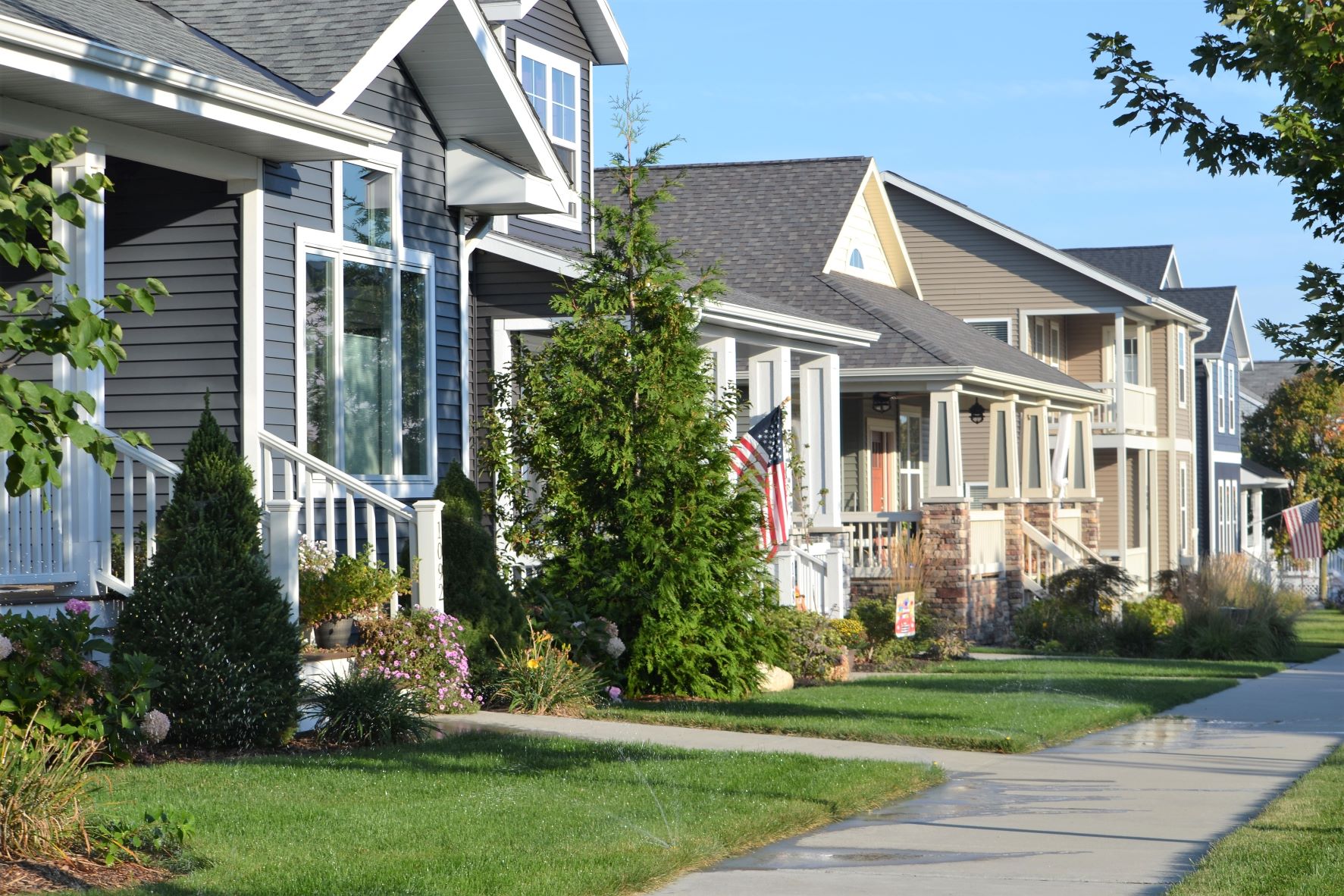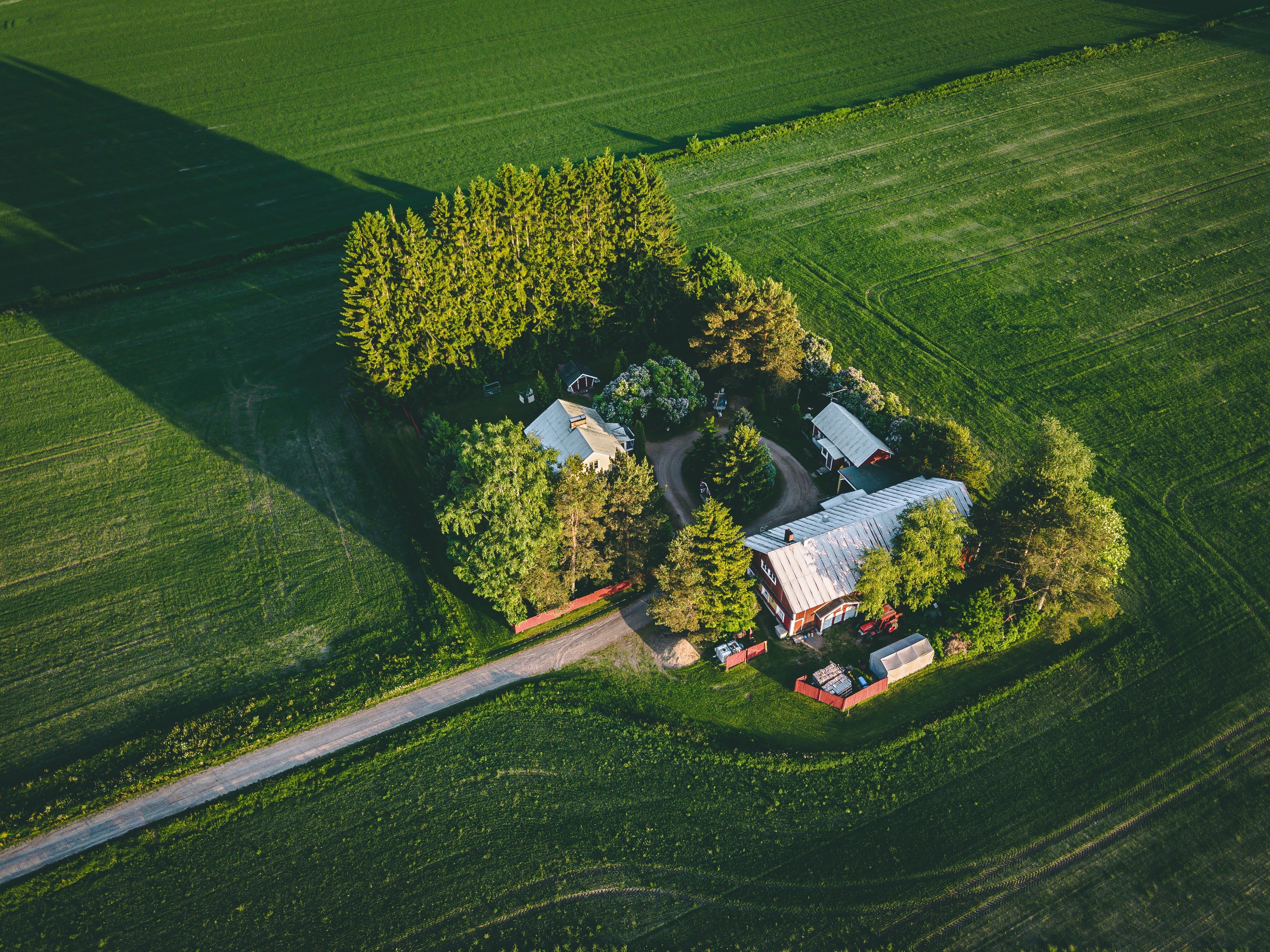How Nashville’s Property Tax Hike Affects You
- Posted on July 22, 2020
- In Nashville Real Estate, Nashville Real Estate Attorney, News, Property Tax, Real Estate Law, Residential Real Estate Law
Nashville’s city government recently approved a 34% increase to the city’s property tax rate. This increase affects every area of the city but can also provide benefits in the amount of capital it will generate for the city.
A 34% increase is quite a bit higher than what is generally expected. This increase comes as a result of recent local revenue losses as well as a very low property tax rate enjoyed throughout the metro Nashville area for a long time.
Here’s what you need to know about the recent property tax increase and how you can expect it to affect you.
How Much Will You Pay?
Nashville and the rest of Davidson County are split up into two different sections. Each of these sections has its own property tax rate. Nashville itself and surrounding communities are included in what is known as the Urban Services District. The former tax rate was $3.155 per $100 of assessed value, which has been raised to $4.221. The Urban Services District includes areas such as downtown, East Nashville, Donelson, Green Hills, and more.
The General Services District includes areas like Old Hickory, Hermitage, and Bellevue. These areas had a previous rate of $2.755 per $100 of assessed value which has been raised to $3.788.
The city's website provides an interactive map that shows you exactly where you fall between these two districts.
Calculating your yearly payment requires a few pieces of information. You’ll need the appraised value of your property and the assessment ratio, which depends on the type of property you own: 25% for residential properties and 30% for commercial properties. Multiply your appraised value and your assessment ration together to get your assessed value.
For example, a residential home appraised at $200,000 will be multiplied by 25% to get an assessed value of $50,000. Remember that the rate applies for every $100 dollars, so divide your assessed value by 100 before applying the rate.
Property Tax Equation: [Assessed Value] divided by 100, multiplied by the tax rate = your yearly taxes.
So let’s compare the yearly tax rate for a residential home appraised at $200,000 with the old and new tax rates.
For those in the Urban Services District, the former yearly payment would have been $1,577.50 (200,000 x 0.25 = 50,000 / 100 = 500 x 3.155). The new tax rate is $2,110.50. That’s a yearly increase of $533.
The same home in the General Services District had a former yearly tax payment of $1,377.50. The new tax rate is $1,894, an increase of $516.50.
The city’s website has a calculator to make this equation easier, but the new rates have not been updated as of this writing.
Why Were the Tax Rates Increased?
Property taxes in Nashville have been far below the rate of comparably-sized cities throughout the country for years. Our city’s budget has been able to account for these low property taxes by instituting one of the highest rates of sales tax in the country. Our booming tourism industry accounts for a lot of money spent, and this tourism has been a major source of income for the city.
However, 2020 has seen some drastic changes to our tourism industry. COVID-19 has cancelled most of our major events such as CMA Fest, which generated $65 million for the city of Nashville in 2019. This, along with numerous other cancelled events, left the city wondering how to make up for the loss of income without sacrificing city services.
The 34% tax hike allows the city to invest $7.6 million into the school district, and an additional $4.9 million to raise the minimum wage of district employees to $15 per hour. It also gives city employees a 1% cost-of-living wage increase. Another $2.6 million dollars will go to the Nashville Police Department to hire new recruits and address other departmental needs.
Where Do We Stand?
This is the first increase to Nashville’s property tax rates since 2012. It is also the largest increase in the city’s history. But even with the new hike, Nashville’s property tax rate is still the lowest of all of the state’s major cities.
So while it might seem daunting to see a 34% increase in property taxes, the reasoning behind the increase is easy to follow. Nashville would have a similar tax rate if we had raised our rates by small increments every year. The initial increase in tax rates will seem drastic, especially with so many people out of work because of COVID-19, but knowing what to expect can make it a little easier to manage.
Subscribe for Updates
Latest Posts
- Title Issues in Tennessee: Common Problems and How They’re Cleared
- Common Commercial Lease Red Flags (and How to Negotiate Them)
- Commercial Purchase and Sale Agreements – How a Real Estate Attorney Can Protect Your Transaction
- When Do You Need a Nashville Probate Lawyer? 8 Common Scenarios
- Commercial Leases – Important Considerations







